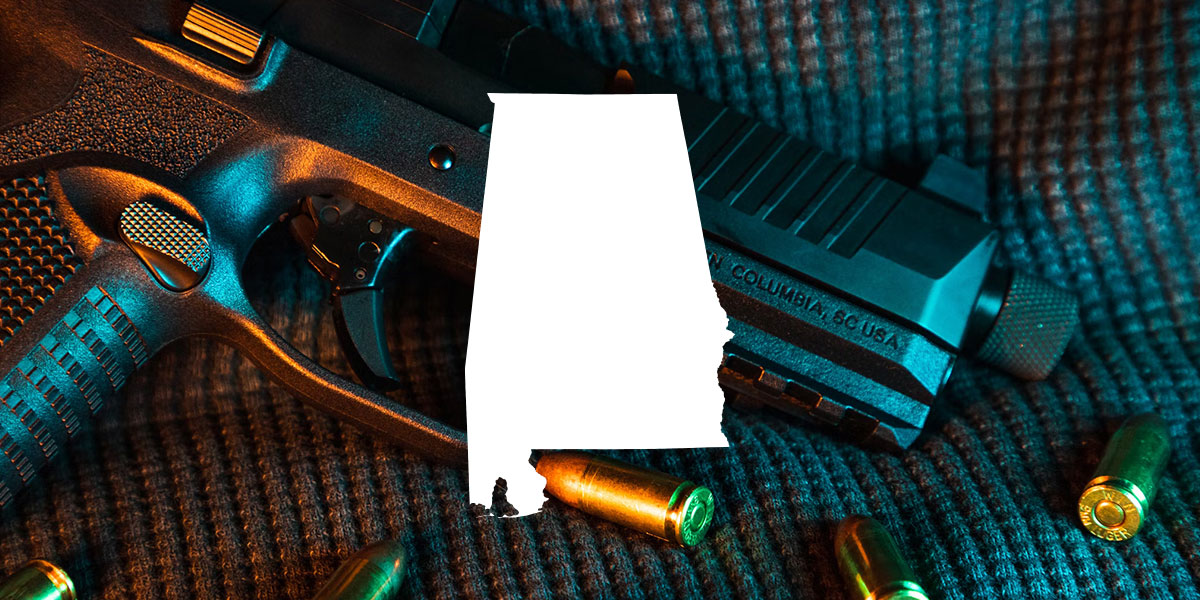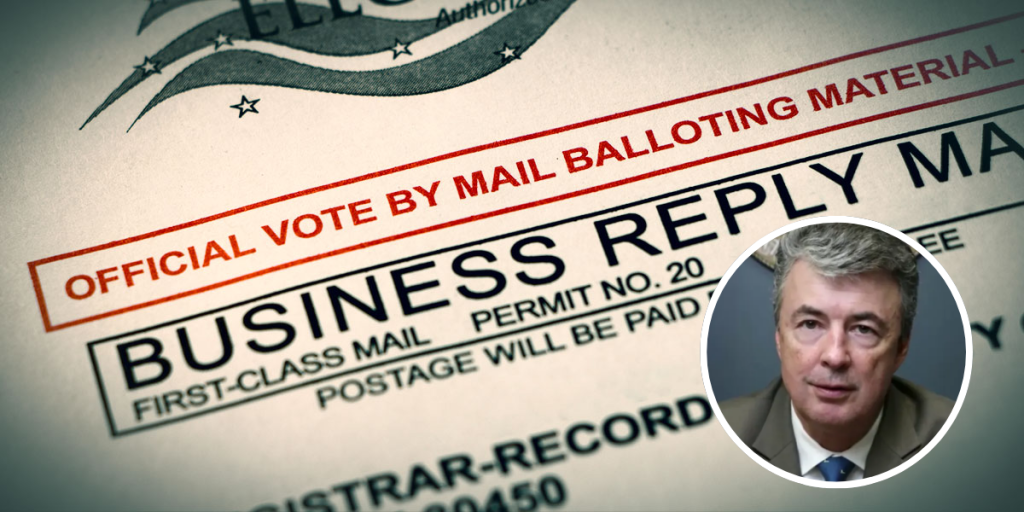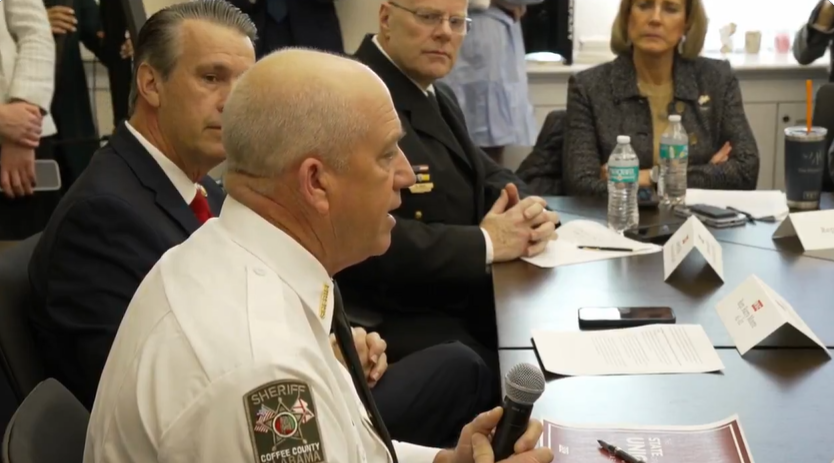On October 1, a new law governing who may possess firearms in Alabama goes into effect. The legislation, passed as SB119 during the 2025 session, builds on existing restrictions and introduces significant changes that broaden the scope of prohibited individuals and increase penalties for certain gun-related crimes.
RELATED: Alabama cracks down on urban gun crime as Governor Ivey signs new public safety law
Under previous Alabama law, individuals convicted of crimes of violence or misdemeanor domestic violence, or those subject to a valid domestic abuse protection order, were prohibited from possessing a firearm. The updated law expands that list to include anyone convicted of a felony, regardless of whether it was violent in nature.
Additionally, the law makes it a class C felony for a person to possess a firearm after being charged with a violent offense or domestic violence and released pending trial—even if they haven’t yet been convicted. A conviction under this provision is dependent on the person later being found guilty of the original charge or a lesser included offense, unless the requirement is waived.
RELATED: Alabama House approves pair of bills to deny bail for violent crimes, crack down on gun offenders
The legislation also raises the penalty for firing a gun into an occupied building or vehicle, elevating the offense from a class B felony to a class A felony, Alabama’s most serious criminal classification.
To help clarify the changes:
-
A class A felony (such as murder or shooting into an occupied building) is punishable by 10 years to life in prison and up to a $60,000 fine.
-
A class B felony (such as certain burglaries or aggravated assaults) carries 2 to 20 years in prison and a fine up to $30,000.
-
A class C felony (including unlawful firearm possession under the new law) is punishable by 1 year and 1 day to 10 years in prison and up to $15,000 in fines.
The law also outlines specific circumstances in which minors may legally possess a firearm, such as while hunting or participating in supervised training, and further defines exemptions for law enforcement and school security personnel.
With these updates, Alabama legislators aim to close gaps in enforcement and more effectively prevent dangerous individuals from accessing firearms while awaiting trial or following a felony conviction.
Sherri Blevins is a staff writer for Yellowhammer News. You may contact her at [email protected].













